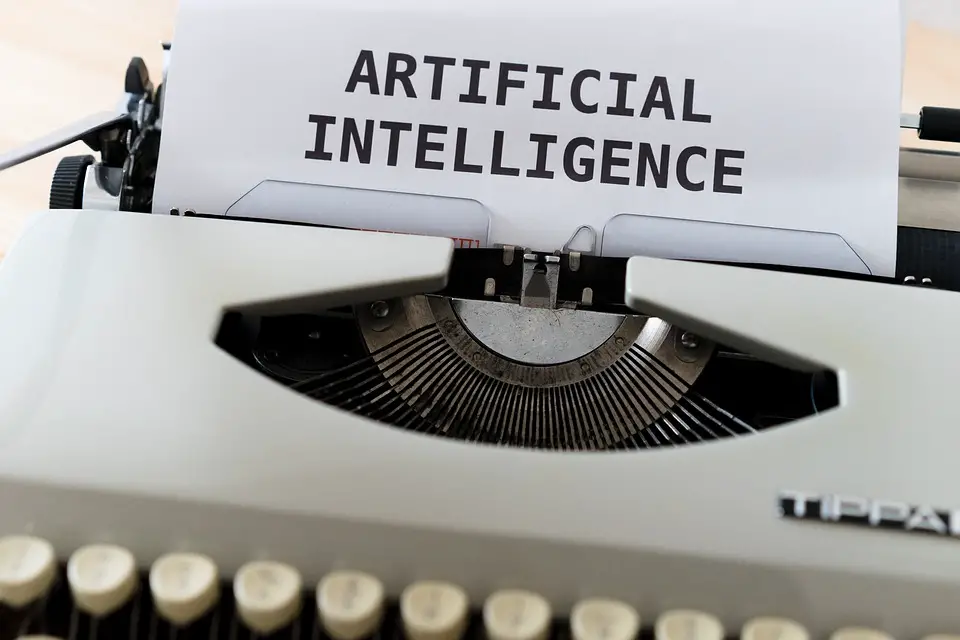As Poslovni Dnevnik/Josipa Ban writes, a couple of years ago, the Zagreb company Stemi launched the “School of the Future/Skola buducnosti” project in Croatian schools, through which elementary and high school students can work to acquire the technological knowledge of the future, that of robotics, artificial intelligence (EI), and the Internet of Things (IoT).
So far, more than 350 teachers and two thousand students have participated in their project, equal to every tenth school in the Republic of Croatia. The initiators of the project now want this project to come to life in every fifth school, 220 of them. With this goal, together with their partners Infobip and A1 Hrvatska/Croatia, they launched a group financing campaign “Build the school of the future/Izgradi skolu buducnosti”, during which they plan to raise a grand total of one million kuna.
In this way, all those who want their children to acquire the technological knowledge and skills of the future from an early age now have the opportunity to influence changes in the Croatian education system. They can change things in this country’s often-criticised education system precisely through showing their support to the Zagreb company Stemi’s praiseworthy campaign.
Marin Troselj, the initiator of the project and director of the Zagreb company Stemi, explained that their goal is to expand the bridge between schools and our technology industry. “We want to bring knowledge and practice from our best technology companies to every fifth school in Croatia and thus turn them into schools of the future,” he pointed out.
This truly innovative and valuable project, in which around 750 thousand euros have been invested so far, has advantages for both students and teachers. Through technological challenges, students can gain some of the most sought-after knowledge on the market, and through teamwork and project work, they’ll develop key soft skills for a successful career in the technology industry. The teachers, on the other hand, are also educated about new technologies, and using an innovative educational platform significantly facilitates the preparation and implementation of classes.
Slobodan Velikic, Stemi’s business development director, announced that soon, both students and teachers will be able to talk with their colleagues from other countries who are also participating in their programmes. This will be possible because the School of the Future also starts across the pond over in the USA and closer to home in Europe in Great Britain this year.
“Students need to start preparing for the jobs of the future in their classrooms, where they will definitely have to work in an international environment, and through practical work, they’ll improve the local community with their projects,” said Velikic.
Until this year, through the School of the Future project, students learned about artificial intelligence through the development of chatbots, i.e. computer programmes that can talk to people using natural language. This year, the programme will be enriched with two new ones – robotics and the Internet of Things. Students will thus learn how to make a walking robot for Mars exploration, but also how to grow their own food and how to manage production with the help of technology.
In addition to transferring the technological knowledge of the future, the School of the Future project is also of great value because it popularises STEM fields.
For more, make sure to check out our dedicated business section.








